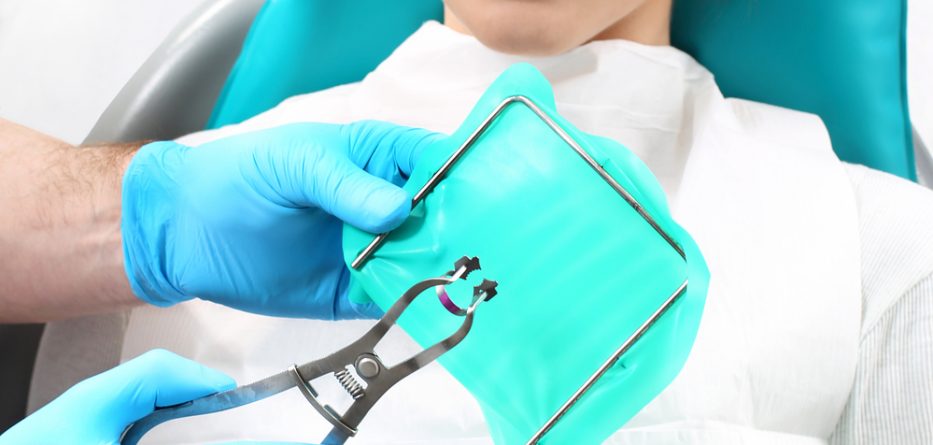Tooth pain can be one of the worst things someone can experience, and one of the hardest to minimize. The aim of a root canal is to kill the pain without removing the tooth and make the healing process as easy as possible. Root canals can be scary though, they have a pretty bad reputation, but if you go to the right dentist, your experience doesn’t have to be bad at all.
Why Do you Need a Root Canal?
Dentists or endodontists perform root canals when there is extreme sensitivity being felt by a patient. Other reasons for a root canal include abscesses, cracks in the tooth, or decay that lead to infection. The soft interior of the tooth or the pulp is where the nerves are and while they are essential for growing teeth, they are not necessary for adult teeth, except to tell us if something is too hot or cold.
While you can just get a tooth pulled and be done with the pain that way, it can affect your smile, make eating more difficult, or end up damaging other teeth that have to work harder when biting and chewing. It can also make other teeth weaker and therefore, remove the pain but keep the tooth might be the best option.
When undergoing a root canal, a local anesthetic is applied and a small hole is made in the tooth. Through here, the pulp, roots, and nerves are all removed. The area is cleaned out and sterilized, a rubbery substance is used to fill in the tooth, any improvements that need to be made are made, and the tooth is sealed up with a cap. Alternately, you can place a crown on the tooth, this is stronger and guaranteed to last a lot longer. Though it is more expensive.
Recovery Time
A root canal is generally done over the course of a few sessions. While you are in the process of getting it done, you should avoid hard or crunchy foods. Your mouth will be numb for a time after each session which means you’re at risk of biting yourself, but even when the anesthetic has worn off you should be careful not to chew with the tooth so as to avoid causing any damage to the work.
The area around the affected tooth will be sensitive for a few days but OTC drugs such as Ibuprofen will help soothe any pain you are experiencing. An ice pack to the side of the face is a great relief to any swelling or pressure pain too. If you grind your teeth in your sleep, you should wear a mouthguard to protect your teeth and avoid any unnecessary pain.
our tooth will feel different for a few days after the procedure but once it starts to feel normal, you can return to your normal habits. If the dentist prescribes you antibiotics, be sure to complete the course, even if you feel like you don’t need to. If there is any swelling, your bite feels off, or if your original issue returns, make another appointment with your dentist as soon as possible.
The final thing to remember after recovering from a root canal is to practice good dental hygiene. Floss daily, brush your teeth morning and night and use an antibacterial mouthwash to ensure that your teeth are clean and looked after.
Featured Image: DepositPhotos/ robertprzybysz








